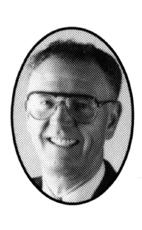moved for leave to introduce Bill C-320, an act to amend the Merchant Navy Veteran and Civilian War-related Benefits Act and the War Veterans Allowance Act.
Mr. Speaker, this bill is introduced to ensure that wartime Canadian merchant navy veterans will henceforth receive equal standing, rights, privileges and benefits to those afforded to all Canadian navy, army and air force war veterans.
Current legislation limits recognition of merchant navy service benefits to service on a high seas voyage. This bill will address this injustice by amending the definition of "high seas voyage" under the Merchant Navy Veteran and Civilian War-related Benefits Act to include all areas where actual attacks by the enemy occurred.
The bill will also clarify the measurement criteria for time of commencement and termination of service for the eligibility of merchant navy war veterans.
Current legislation excludes merchant navy service benefit eligibility from time of capture or the involuntary termination of duty travel assignment which left them stranded overseas. For example, half of the merchant navy prisoners of war held in the Far East who were captured after landfall fell into this category.
Further, this bill will amend the War Veterans Allowance Act to include merchant navy war veterans, thus ensuring them the same recognition and benefits provided to navy, army and air force war veterans.
Time marches on and it is vital that Parliament moves now to correct these long overdue inequities before it is too late; the average age of merchant navy veterans is 76 years.
(Motions deemed adopted, bill read the first time and printed.)

